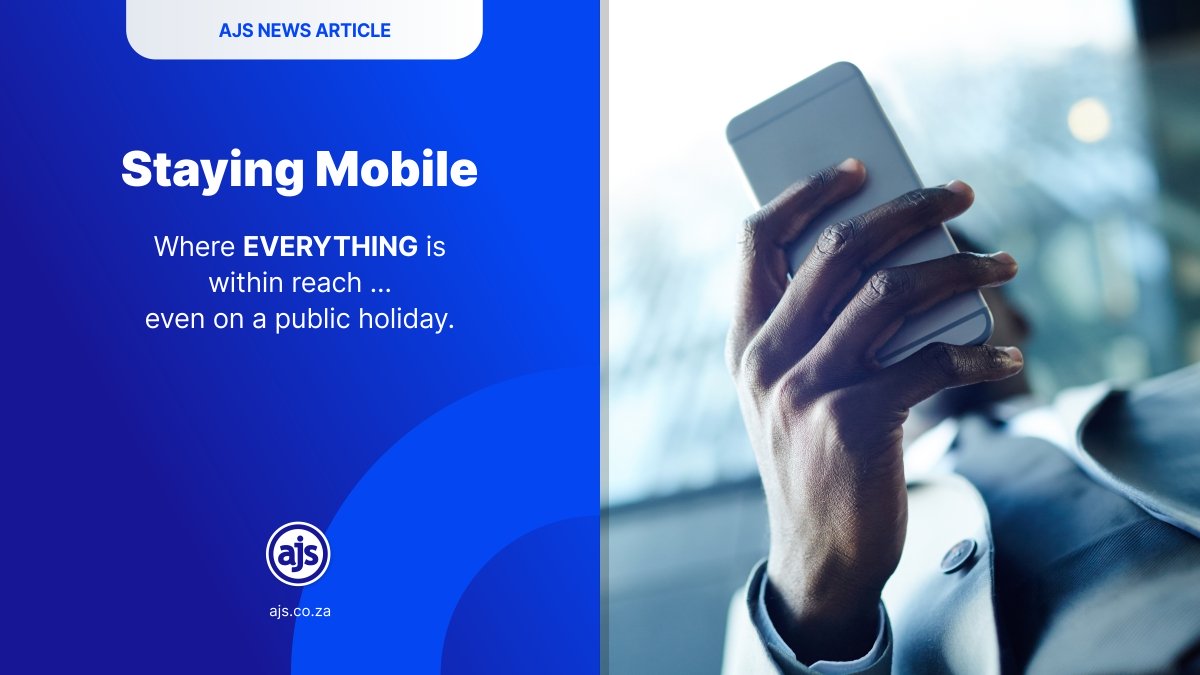
SLEEP WHEN YOU’RE DEAD?
That’s a tad too late!
As we enter the last week of January, there is an overwhelming sense of urgency.
It suddenly feels like wherever we turn, there are those demanding excellence from us (including ourselves), our clients, colleagues and most certainly the so-called “Motivational” memes plastered across social media platforms.
Everything seemingly focused on “gearing up”, pressing forward and making good of the New Year.
And that’s fair enough.
But, there is one thing trying to make the most of our new year and quite another when unrealistic expectations are thrust upon us (without invitation) adding additional anxiety and sleepless nights. It already feels like we are burning the midnight oil (and we wager its way too early for that sentiment).
And this is not coming out of nowhere.
Sleep when you’re dead – wait, what??
We recently received an email which stated that if you are not continually pushing yourself, you will be left behind. Ok, fair enough. That rest and sleep don’t matter, touting the line “sleep when you’re dead” as a sort of commonly accepted (and supported) outlook on life.
It isn’t.
Sure, we admit that as teenagers the party hard and sleep when you die motto was kind of enduring for the naïve, “wet-behind-the-ears”, we are “young and foolish” mindset. But as professionals and as experienced adults who have been around the block, we hope this notion will be viewed with extreme skepticism.
Clearly, the article “Keep moving. Sleep when you’re dead” has really stirred something within us. Something that has most certainly got our backs up.
And we can only hope that the author was perhaps being sarcastic. Ironic. Or maybe even humorous (in his own way). After all, he himself has written about quite the opposite in previous articles were he said that you need to replenish your own personal resources such as reviving your own self-worth by getting plenty of sleep and enjoying a hobby away (and separate) from your work (** our emphasis – notions we fully support)
Better yet, perhaps the author of the “troubled” article simply did this for reaction sake – checking to see which of us are awake, aware and “alive and kicking”. Well Sir, we can answer categorically that “Yes, we are most certainly awake! Yes, we are most certainly aware! And (last we checked), yes we are well and truly “alive and kicking”.
So, if it’s simply a reaction the author hoped to achieve, he can consider this ours. Which, as you can tell, is one of shock and surprise – what kind of message is he projecting out into the world?
Look, we fully support progression
As a legal tech company, we fully support the notion of bettering oneself. Of bettering the tech used within an organisation to ensure that it remains at the cutting edge of technology.
We fully support the idea of keeping up to date with legal tech trends (something we recently wrote about in Trend Spotting) and we believe that organisations and specifically legal professionals need to remain at the cutting edge of technology, being early adopters of legal tech and by so doing, leading the pack.
But, on the face of it, this particular “hair raising” article encourages readers to work themselves until burnout, saying that –
“Exhausting is okay. It means you’re in the game. You’re on the way up, which means you’re not on the way down.
Exhausting is fine. You can sleep when you’re dead”.
And we could not disagree more.
As we said, we understand the sentiment of bettering yourself. We agree that you need to keep on learning and growing as professionals (and of course as individuals). Those are all good things. And we encourage you to do so.
Within reason.
But working yourself into the ground for fear of not keeping up with the “Jones’s” or working yourself to the point of exhaustion, is not only irresponsible (both to yourself as well as to the business you are working in) but is also wholly unsustainable.
With the utmost respect to the author, we truly feel that this sentiment is not only severely outdated but also wrong (on so many levels).
And here’s why.
This is about mental health
As we have already said, we are a legal tech company. We are not mental health professionals. We fully acknowledge that. We have no qualifications or degrees which make us experts in the mental health space.
But we are advocates of and support the growing awareness, by both the legal profession and organisations (in general), of mental health issues – encouraging those in need of help to get it.
We stand behind the importance of mental health issues. And we are most certainly not alone. More people are finding the professional help they need because of companies that are talking about mental health issues. People are receiving support from both their organisations and communities because issues around mental health have been brought to the fore, more so than ever before. They are being spoken about openly (and honestly) and the stigma around mental health has all but disappeared.
And funnily enough we have the last two years to thank for this rise in awareness around mental health. Experts have gone so far as to say that the impact of the last two years and all that it did to change our experience of safety, connection, health, and wellbeing will have a long-lasting impact on mental health issues. Something that (together with keeping the conversation around mental health going) will have a long-lasting effect on us all. And for the better.
As a company, AJS believes that looking out for the wellbeing and wellness of our staff includes ensuring that they remain content within their roles, happy within their working environments and are able to approach us should they require support or require assistance in obtaining help for any mental health issue they may be facing.
We fully support organisations like Braving Boundaries and Coaching Advocates whose mission it is to help both individuals and organisations create a more sustainable and healthy work environment by helping people see that success can be achieved without sacrificing personal happiness, their health (both physical and most certainly mental) and overall fulfillment.
As some of our readers will most likely recall, we have written about the importance of mental health awareness in a number of our articles over the last two years. We believe that it is a topic that is at the centre of performing well and to the best of our abilities. We acknowledge the importance of being healthy both physically and mentally, which (as a byproduct) naturally leads to success.
We do not shy away from mental health issues (something we do not believe is a buzzword) and we truly believe that part of this overall support comes down to encouraging rest.
Which is, quite obviously, in stark contrast to the article “Keep moving. Sleep when you’re dead”.
Rest is crucial
In December 2020 in our article Lawyers on Leave, we set out the following –
“The long hours and pressure of always being on call for clients can wear lawyers out completely. And this can, in turn, lead to total mental exhaustion and often time’s mental breakdown.
In fact, in a 2017 report from the National Task Force on Lawyer Well-Being they stated that “To be a good lawyer, one has to be a healthy lawyer” and they urged law firms to adopt clear policies encouraging lawyers to take vacations.
Law firms are starting to recognise that when lawyers don’t take leave, their use of sick time increases and their productivity decreases. Law firms are beginning to think of vacations as a type of periodic maintenance. Which is true”.
And that was then.
13 months (give or take) on from that, our views have not changed.
Rest, recuperation, focusing on family, friends and hobbies outside of work are crucial to better performance. Are crucial to healthier people and therefore healthier (and happier) employees.
And how can that be wrong?
Again, we are supported by a wealth of other resources which support our outlook –
In The Benefits Of Resting And How To Unplug In A Busy World –
“Have you ever felt like you can’t keep up with your daily tasks and deadlines? What’s even more challenging is maintaining your health, your job, and other responsibilities amongst uncertainties or moments of overwhelm—leaving you little to no time for rest.
However, rest is a fundamental part of success, health, and happiness. There are many distractions in this digital world, and always something (or someone) requiring your attention. No matter what your schedule or task list may look like, resting and unplugging is vital to your long-term health”.
In Why It’s Important to Allow Yourself to Rest –
“Rest is vital for better mental health, increased concentration and memory, a healthier immune system, reduced stress, improved mood and even a better metabolism”.
Lastly, in Why Rest Days are Important for Higher Efficiency at Work–
“For centuries, humans have understood that rest is fundamental to success, health, and happiness. As the saying goes, “Even God rested on the seventh day.”
… the real secret to increased efficiency at work might actually lie in working less – and resting more”.
Simply put – rest is necessary. As obvious as that sounds. It’s also extremely beneficial. Again – obvious.
Rest allows us to regenerate, to recoup, to get our thoughts (and feelings) in order so that new days, new weeks and of course new years can be started well and on the right foot – without having to burn our candles at both ends. Rest ensures that our tasks are successful, simply because we are rested.
And we don’t believe that there is any amount of success, money or recognition that is better than peace of mind.
The four day work week
Just to drive home the point of rest and mental health gong hand-in-hand, a company aptly named 4 Day Week Global a New Zealand–based non-profit organisation advocates for a 4 day working week. In fact, they have set out that “63% of businesses found it easier to attract and retain talent with a 4 day work week”. And that speaks volumes.
In an article UK companies will test out four-day work week, 30 UK based companies have signed on to a six-month pilot program in a sign that a shorter work week may be growing more mainstream. Alex Soojung-Kim Pang, author of the book Shorter: Work Better, Smarter, and Less—Here’s How, which highlights organisational efforts to implement shorter work weeks, says that it is a sign that a shorter week is no longer such a radical concept. “The four-day week has gone from this crazy, outlandish idea two or three years ago, to something that companies are now looking at seriously”.
And once again, this speaks volumes.
It speaks to how important people’s time actually is. It speaks to the ever-growing need to disconnect, decongest and reunite with what is important to us. And believe it or not, that may not (always) be work.
Sure, it is easy to say “Keep moving. Sleep when you’re dead” as a tongue-in-cheek metaphor for push yourself and succeed (and there is a lot wrong with that statement too). But as our Director, Digby Vickers said – “When you are dead. You’re dead”. There are no take backs. There’s no way to get back moments (and time) that have been lost to overtly long hours spent in the office working yourself to a point of absolute exhaustion.
Work hard – sure. Progress – most definitely. But also know when it is time to stop and concentrate on you.
We know that we will rest easy tonight.
The “sleep when you’re dead” guy not so much….
– Written by Alicia Koch on behalf of AJS





Pingback: WHAT MOTIVATES EMPLOYEES? - AJS South Africa